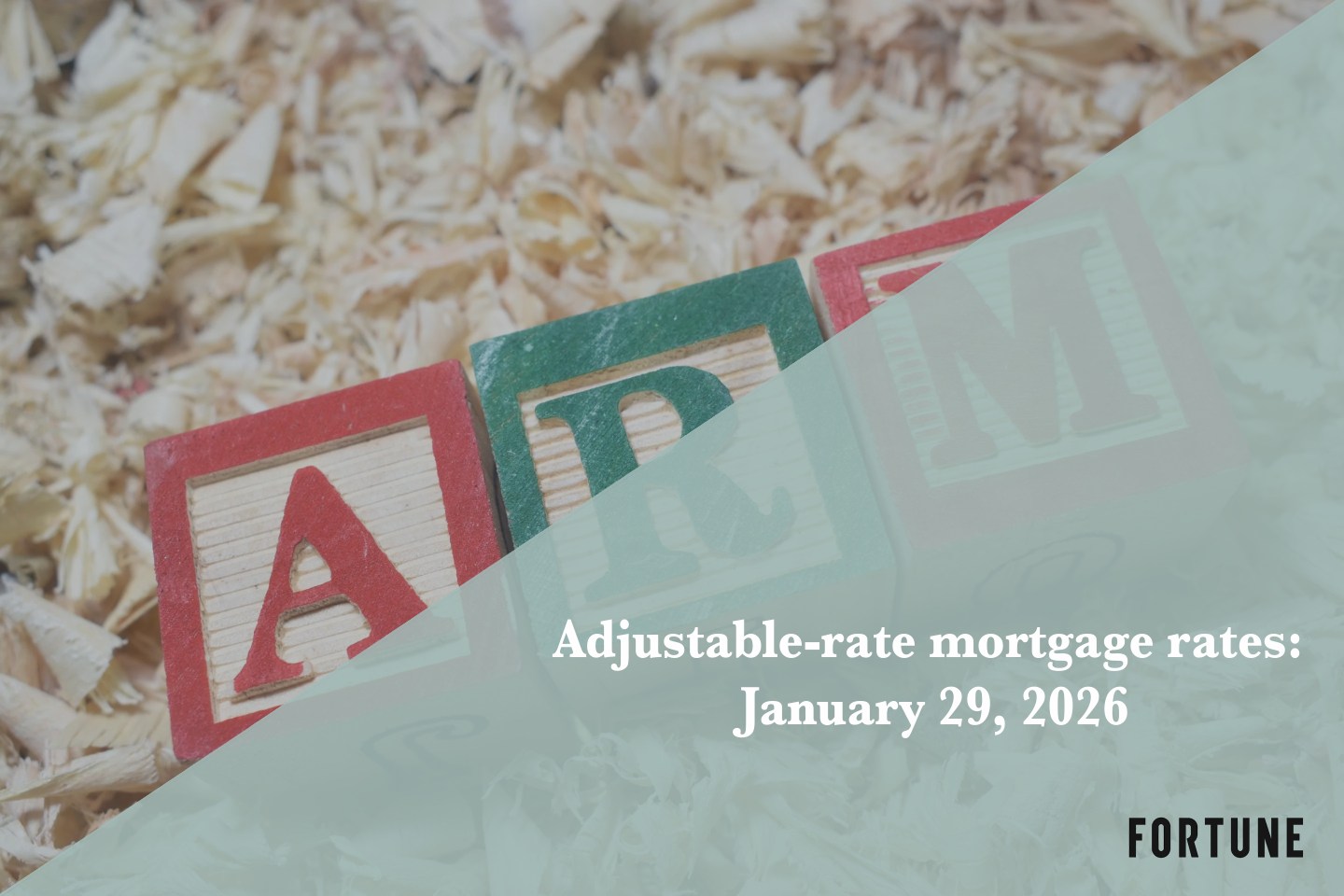Sweden has strengthened its position in the race for a central bank digital currency (CBDC) after concluding the first phase of testing for its proposed currency, e-krona.
In one of the most advanced explorations undertaken by a major economy, Sweden’s central bank, Riksbank, is now bringing in banks to test how the digital currency might work practically.
Central banks around the world have been looking to launch digital currencies in response to the rapid decline in the use of physical cash, which Sweden’s Riksbank cited as a “potential problem.”
In its report on the first phase of the e-krona study, the central bank said that when cash has to take the “back seat in favor of the private financial agents’ digital services,” its direct role in the payment markets is reduced.
Using a CBDC also has wider benefits, increasing efficiency, financial inclusion, international capital flows, and potency of monetary and fiscal stimulus, it said.
In the study’s first phase, which has been ongoing for the past year, Riksbank has been working with consultants Accenture, simulating e-krona in an isolated test environment using the blockchain technology of R3, a private software company.
In the next phase, Accenture is staying on to help Riksbank broaden the participants to include commercial banks and other online payment services to test e-krona in commercial and retail applications.
Not a crypto asset
The Riksbank has not confirmed details about the banks or payment providers in its next phase of testing nor has it explored the monetary policy ramifications of such a transformation.
Little has been announced on the shape the virtual currency will take, but Riksbank has made it clear that its digital money cannot be categorized as a crypto asset as it “has a state, a trusted actor, as issuer and that the state guarantees the value of the means of payment.”
Many central banks see digital currencies as a means of warding off competition from cryptocurrencies and centralizing the role of public authorities in the payment system.
Riksbank intends to evaluate the performance and scalability of e-krona, while determining how to apply interest, ensure privacy of spending, and make offline payments.
Who else is in the running?
According to a Bank of America report published in March, 56 central banks are currently developing CBDCs. The Bank for International Settlements conducted a survey in January, finding that one-fifth of the world’s population are likely to issue their own digital currencies in the next three years.
China kicked off its own pilot scheme in February, handing out $30 of its new digital currency each to 50,000 Beijing residents.
The European Central Bank has dangled the prospect of launching a digital euro, which it said would be “an electronic form of central bank money accessible to all citizens and firms.”
At the time of the announcement, the ECB stated that it intended to offer around €3,000 per capita without incurring negative rates, with bank officials noting that the currency would act as ECB’s counter to the rise of cryptocurrencies, fintech services, and other digital currencies.
The Bahamas has already introduced a digital “sand dollar,” a digital legal currency equivalent to the Bahamian dollar, with an accompanying mobile app.
Despite some countries leaning into the trend, others see little need for a digital currency. In Norway, which is another nearly cashless society, the central bank says there’s “no acute need” to introduce a digital currency.
Others seem to be taking the process slowly. U.S. Federal Reserve Chairman Jerome Powell recently said the U.S. Would rather be right than first.
But with vested interest still, Powell told Congress last month that the Fed was looking “very carefully at the question of whether we should issue a digital dollar,” calling it a “very high priority project for us.”












